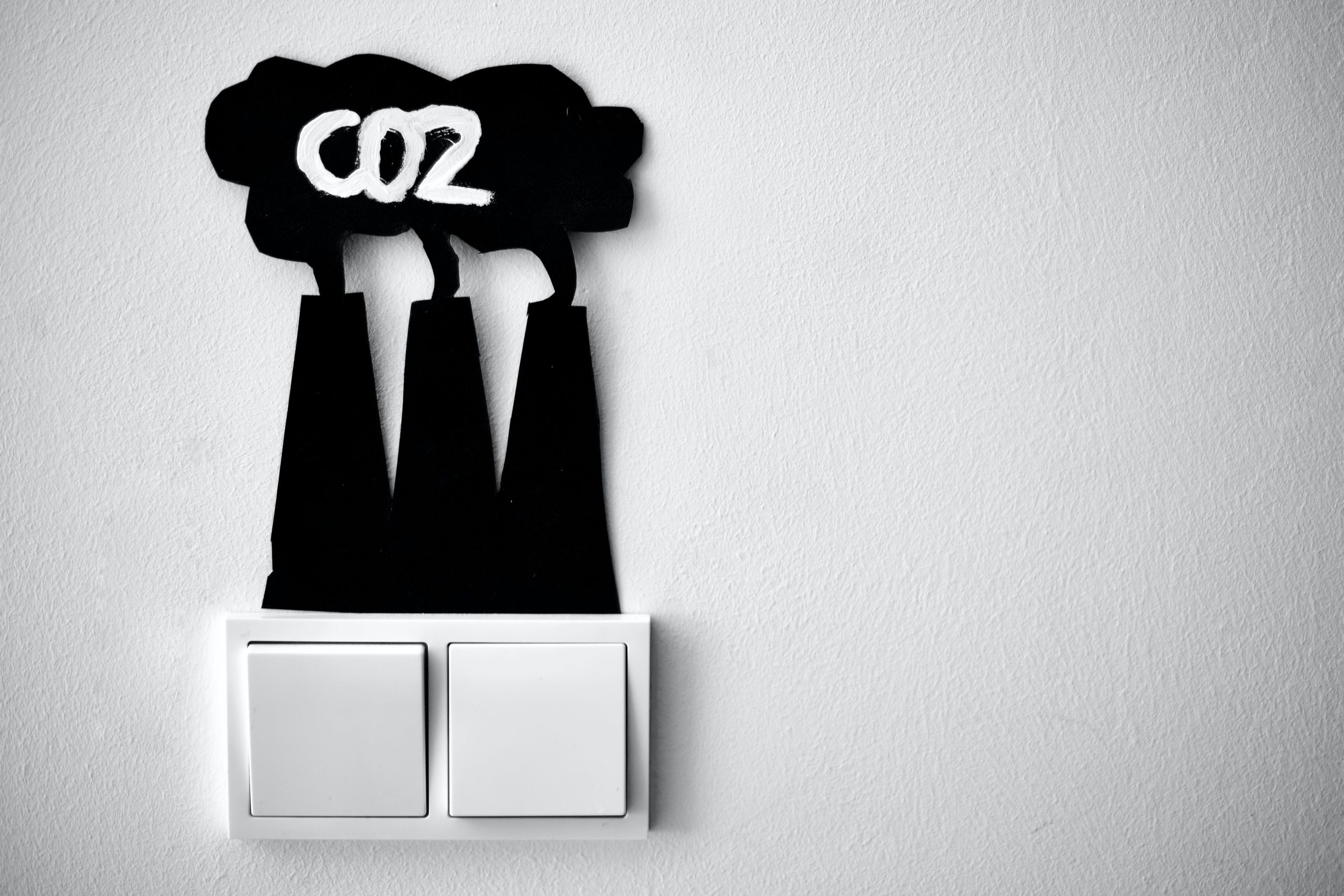The EP approves the inclusion of municipal incinerators in ETS as of 2026

Brussels, 22 June 2022
Today the members of the European Parliament (EP) have approved to include municipal incinerators in the scope of the EU Emissions Trading Scheme (ETS) as of 2026. This decision entails pricing fossil CO2 emissions from municipal waste incinerators.
From Zero Waste Europe’s perspective, the proposed inclusion is very positive. However, we believe that the 2026 inclusion date is too late since waste incineration plants burn large amounts of plastics and as a result are very carbon intensive.
A recent report shows that one-third of the CO2 emissions from the plastics system are caused by the incineration of plastic waste.[1] Pricing waste incinerators’ fossil CO2 emissions is needed to incentivise plastics circularity and waste prevention.[2]
Janek Vähk, Climate, Energy and Air Pollution Programme Coordinator, says: “We believe that municipal waste incinerators must bear their climate costs and should be included already.”
Vähk adds: “The inclusion would ensure that recyclables are pulled out of the waste stream intended for incineration and recycled in line with the EU waste hierarchy by applying mixed waste sorting systems.”
According to a research [3] conducted by Equanimator, sorting recyclables from residual waste could deliver savings of the order 39 million tonnes CO2 and help meet the municipal waste recycling targets.[4]
Zero Waste Europe believes that the inclusion of incinerators is of fundamental importance to allow the EU climate and circularity goals successfully met and calls on the Council to support the deletion of the scope-exemption of municipal waste incineration installations in Annex I of the ETS-Directive.
Press Contacts:
Janek Vähk, Climate, Energy, and Air Pollution Programme Coordinator:
[email protected]
Berta Corredor, ZWE Press Officer:
[email protected] + 32 471 965 593
About Zero Waste Europe
Zero Waste Europe is the European network of communities, local leaders, experts, and change agents working towards the elimination of waste in our society. We advocate for sustainable systems and the redesign of our relationship with resources, to accelerate a just transition towards zero waste for the benefit of people and the planet. www.zerowasteeurope.eu
Three European Case Studies. https://www.eunomia.co.uk/free-download/?fdpid=11943